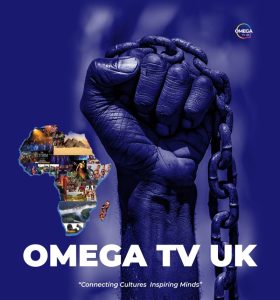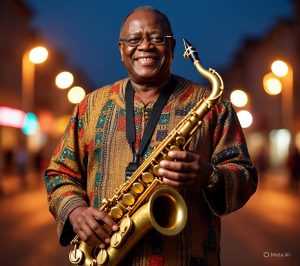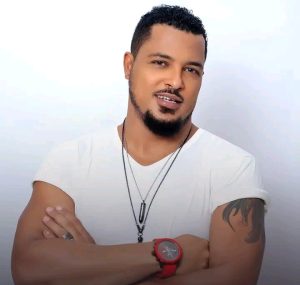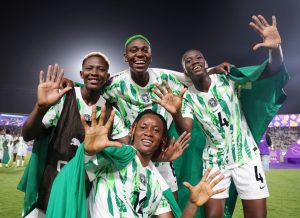Cameroon opposition leader banned from challenging world’s oldest president
3 min read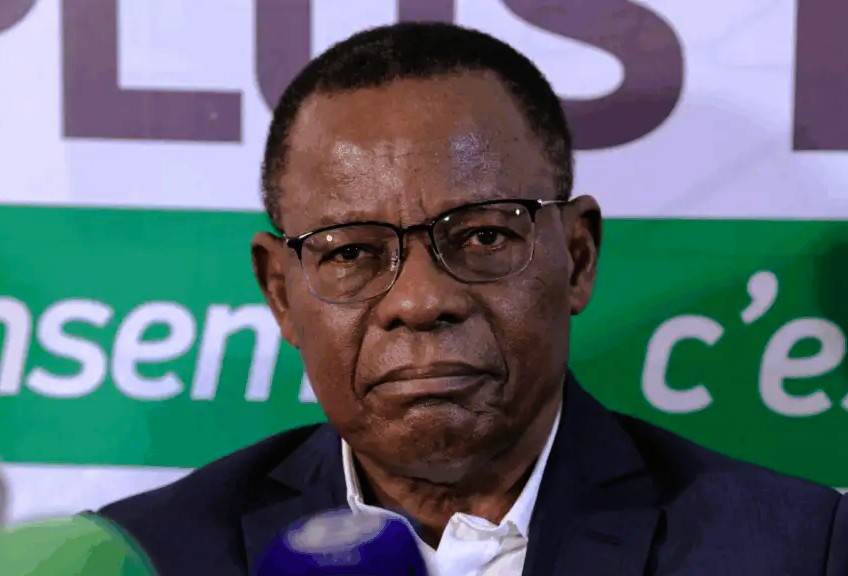
Cameroon’s top opposition leader Maurice Kamto blocked from presidential race amid controversy.
Cameroon Maurice Kamto Barred from Presidential Race as Paul Biya Seeks Eighth Term
Kamto Excluded from Presidential Election
Cameroonian opposition leader Maurice Kamto has been disqualified from contesting the upcoming presidential election scheduled for October 12. The national electoral body, Elecam, accepted only 13 out of 83 applications submitted, and Kamto’s name was not among those approved. His exclusion has sparked political tension and renewed concerns over fairness in the country’s electoral process.
Kamto’s Political Background and 2018 Controversy
Kamto, who was the runner-up in the 2018 presidential election, has long challenged the legitimacy of President Paul Biya’s rule, alleging widespread electoral fraud. Although he has not officially commented on the recent decision, his 2018 campaign elevated him to national prominence and established him as one of Biya’s most formidable political opponents.
Paul Biya to Run for Eighth Term
At 92 years old, President Paul Biya is the world’s oldest serving president and has been in power for nearly 43 years. Despite widespread calls for him to step down, Biya remains defiant, stating that he still has more to contribute to the nation. His name was approved by Elecam, and he will contest for an eighth term in office, continuing his decades-long grip on Cameroonian politics.
Former Allies Join the Race
Two of Biya’s former allies, Issa Tchiroma Bakary and Bello Bouba Maigari, are also among the candidates cleared to run. Both men hail from the north of Cameroon, a region with a large voting population. Their candidacies are seen as strategic challenges to Biya’s dominance in that area, but they also raise questions about the true diversity of opposition in the election.
Confusion Over Manidem Party Candidacy
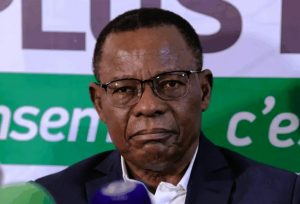
Maurice Kamto attempted to run this year under the banner of the Manidem party, having joined it recently due to the Cameroon Renaissance Movement (CRM) being ineligible to endorse a candidate. However, Kamto’s bid was challenged when another individual from a splinter group also registered to represent Manidem. Despite being officially endorsed by the party’s ruling body, Kamto was disqualified due to this conflict.
Manidem Party Reacts to Kamto’s Disqualification
Anicet Ekane, the president of Manidem, criticized Kamto’s exclusion, labeling it “arbitrary and provocative.” He urged Cameroonians to remain calm and avoid unrest, describing the move as a “tackle from behind” and expressing hope that the Constitutional Council would overturn the decision. The party intends to pursue legal action to restore Kamto’s candidacy.
Legal Options Still Available
Under Cameroonian law, disqualified candidates have two days to challenge their exclusion before the Constitutional Council. Kamto and his supporters are expected to file a formal complaint within this period, aiming to reverse Elecam’s decision and allow him to contest the election.
CRM’s Limited Political Standing
Kamto’s original party, the CRM, was barred from endorsing a presidential candidate due to its lack of elected representatives in both parliament and local government. This forced Kamto to align with the Manidem party, which has recognized local representation, in a bid to remain in the race.
Other Notable Candidates in the Race
Among those who were approved to run are Akere Muna, a respected anti-corruption lawyer; Joshua Osih, the leader of the Social Democratic Front (SDF); and Cabral Libii, a vocal lawmaker. These candidates represent various segments of Cameroon’s opposition landscape and are expected to bring attention to a range of national issues during the campaign.
Female Representation in the Election
Patricia Tomaino Ndam Njoya, the outspoken Mayor of Foumban, is the only female candidate among the thirteen approved contenders. Her inclusion highlights the limited but symbolic presence of women in Cameroonian presidential politics.


